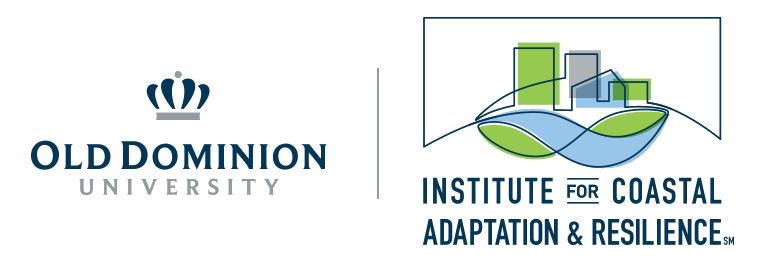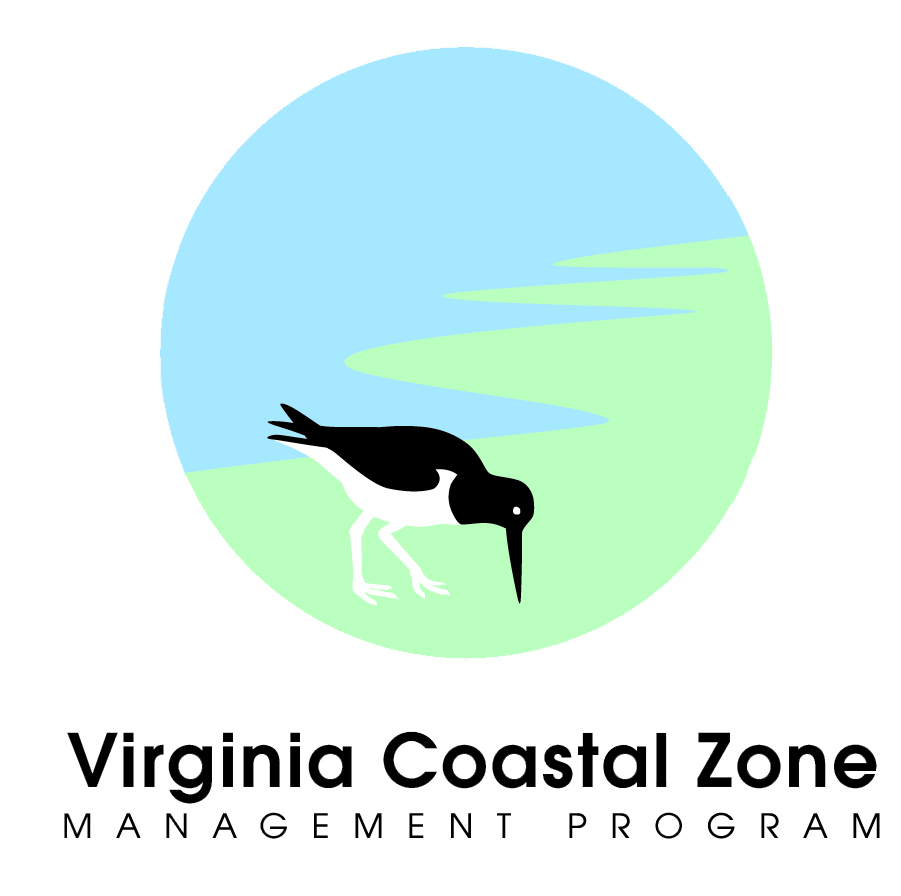The RAFT Funding Sources
The first year of research for The RAFT was conducted in the 2015-2016 academic year by the Institute for Engagement & Negotiation at the University of Virginia (UVA) in collaboration with the Virginia Coastal Policy Center (VCPC) at William & Mary Law School. The RAFT was officially launched by a 2016 Restoration and Community Stewardship grant by the National Fish and Wildlife Foundation (NFWF). This grant enabled completion of the Scorecard and testing The RAFT process with three pilot communities in three different coastal planning districts. Since then, the project has received a variety of grants:
- Virginia Coastal Zone Management Program, Virginia Department of Environmental Quality and National Oceanic and Atmospheric Administration, 2017- Present
- Virginia Environmental Endowment, Virginia Program, 2017- Present
- University of Virginia Environmental Institute, formerly Environmental Resilience Institute, 2018- Present
- Jessie Ball duPont Fund, 2019- Present
- Agua Fund, 2022- Present
- Virginia Sea Grant Adaptation and Resilience Program, 2017-2024
- Natural Hazards Center, Public Health Disaster Research Award Program, 2022-2024
- University of Virginia School of Architecture, Faculty Summer Research Program, 2018, 2022
- Commonwealth Center for Recurrent Flooding Resiliency, 2021-2022
- Anonymous, 2018-2019
- National Fish and Wildlife Foundation, Restoration and Community Stewardship Grant, 2016- 2018

.png)




